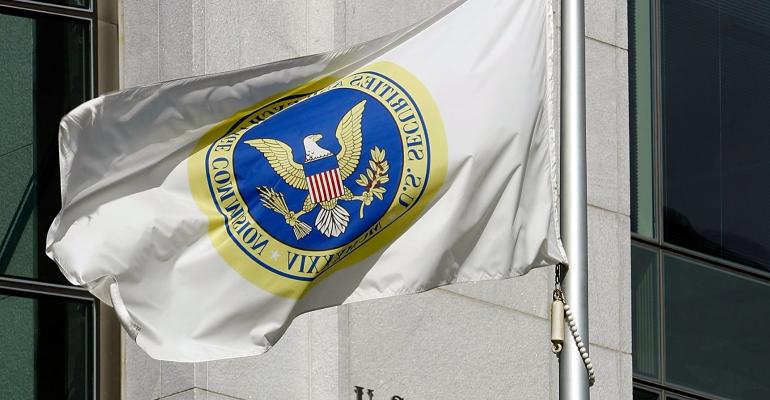The SEC approved a revamp of its rules on how investment advisors advertise and pay solicitors, making the first substantive changes to the commission’s marketing mandates since the 1940 Advisers Act. The changes mean advisors can now use testimonials and endorsements in advertising under certain conditions, and can also use third-party ratings in marketing provided they include particular disclosures.
In a statement, Chair Jay Clayton said the SEC updated traditional structures that had not been updated even in the midst of seismic transformations in the markets and in fintech.
“This comprehensive framework for regulating advisors’ marketing communications recognizes the increasing use of electronic media and mobile communications and will serve to improve the quality of information available to investors,” he said. “The new rule provides for an extended compliance period intended to provide advisers with a sufficient transition period, including to enable consultation with the commission’s expert staff.”
The new rule replaces “the broadly drawn limitations and prescriptive or duplicative elements in the current rules with more principles-based provisions,” according to the SEC. Under previous rules, testimonials and endorsements were not allowed, but advisors can now employ them in their advertisements, provided they disclose whether the person in question is a client and whether they are being compensated. The amended rule also ends the requirements that advisors get acknowledgements from all their investors that they’ve received such disclosures. The SEC mandated that advisors have a written agreement with these “promoters” of their business unless they are receiving $1,000 or less, or an equivalent value in non-cash compensation, within one year. Certain “bad actors” cannot act as endorsers, according to the updates.
Max Schatzow, an attorney with Stark & Stark’s Investment Management and Securities Group and the author of the investment advisor blog AdviserCounsel, said it was less likely that advisors would opt for celebrity endorsements but might look to their existing client base.
“What you will more likely see is favorable statements from clients, actual clients, saying ‘they’ve been my advisors for 20 years, we trust them, we know them and love them,’ saying all sorts of great things about their accounts and performances,” he said.
Though the SEC’s vote was unanimous, it wasn’t without reservations. Commissioner Hester Peirce, who remarked in a statement that the original advertisement rule had “qualified for its AARP card a decade ago,” lauded the updates for the tacit acknowledgement of developments in tech (the new rule removes the definition of an advertisement as solely being written or published on radio or television).
“An even more technology-neutral approach would have been to replace the rule with ... nothing. Rather than supplanting the antiquated advertising rule with another rule, we instead could have relied on existing fiduciary duties and anti-fraud rules,” Peirce’s statement read. “The new rule is billed as being principles-based, but it is very specific in some places, such as its prescriptions regarding the presentation of performance data. Although advisers often find comfort in specifics that provide a roadmap to compliance, specificity can usurp advisers’ ability to exercise judgment about how best to communicate with investors.”
Commissioners Allison Herren Lee and Caroline Crenshaw released their own statement clarifying that their votes in support did not dissipate their worries about how the final rules deviated from elements of last year’s proposal. The two commissioners took the final rule to task for not requiring advisors to review advertisements for compliance before using them, as the proposal did. They noted that prereview is “well-established in the broker-dealer context,” and while the final rule includes changes that would make prereviewing less burdensome, the final amendments did not include any requirement whatsoever.
Lee and Crenshaw were also concerned about the use of hypothetical performance in advertisements. While the proposal mandated that any hypothetical performance assessments used in any situation must be accompanied by “sufficient information” about the assumptions and criteria used in making it, the final rule includes “unjustifiable carve-outs” for communications about hypothetical performance response to unsolicited requests from retail investors, as well as any one-on-one communication with current or potential investors in private funds.
“This will leave many investors, including retail investors, particularly vulnerable to being misled by performance advertisements,” the statement read. “Advisors are now expressly permitted to provide hypothetical performance presentations to retail investors upon request without providing the context required by the advertising rule.”
The updated rule, along with all additional amendments, will be published in the Federal Register and go into effect 60 days afterward, with a compliance date scheduled for 18 months afterward.




